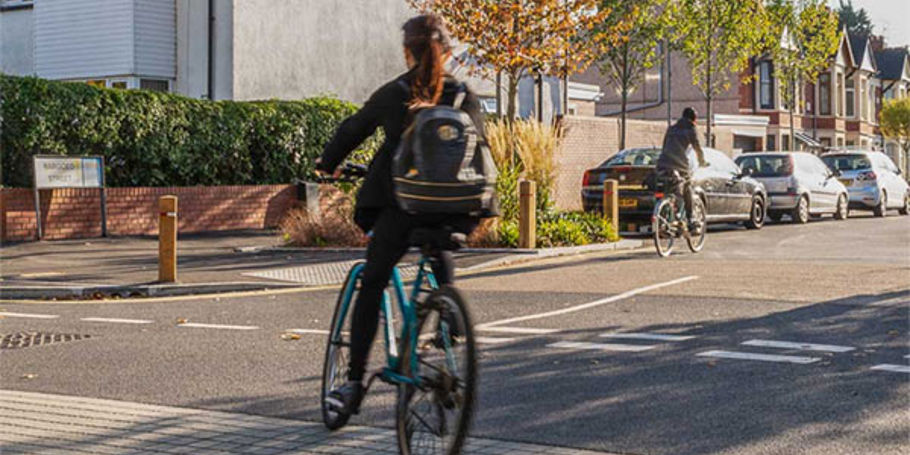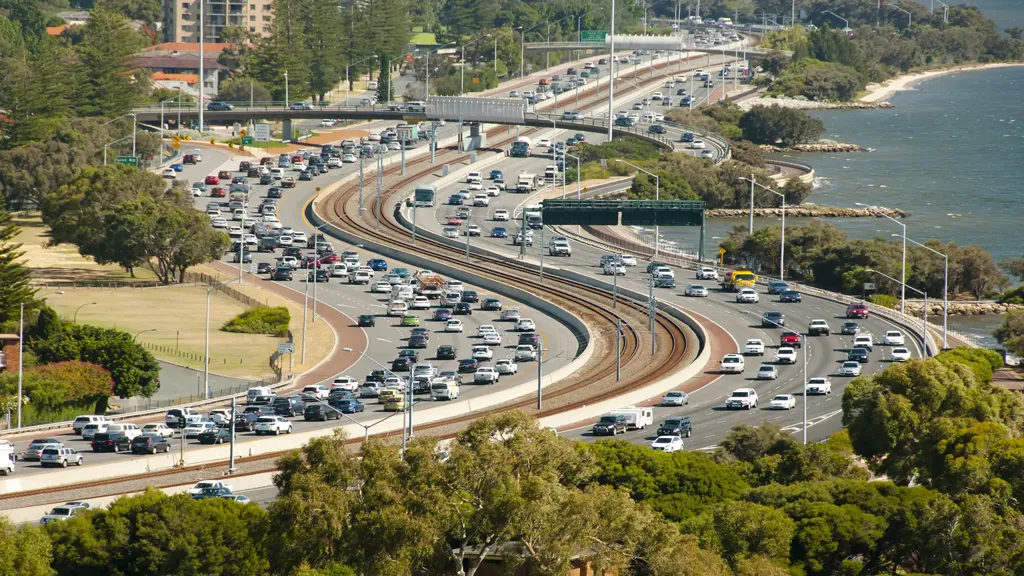Ensuring a viable journey
Working with PwC on behalf of World Bank, Arup provided technical input into the transport feasibility study. This involved assessing TAR’s preliminary scope, preparing a pre-feasibility study, identifying the possible PPP structure, and assisting the Government of Uzbekistan’s preparation of TAR for a feasibility study to commence.
To help improve access and movement around this vast country, Arup developed potential highway alignment options for an upgraded TAR, ensuring alignment corridors were sympathetically placed within the terrain. We assessed options against outcome-led criteria related to engineering, traffic, environmental and social impact. Our work also included creating appropriate capital expenditure, replacement expenditure and operating expenditure costings to feed into a financial model.
Through the delivery of a successful series of workshops to agree next steps and detailed reporting, we identified important milestones and highlighted the key actions our client needed to take to progress the project to a successful completion.
Providing trusted advice for the road ahead
Our advice centred around 'Outcome Led Design’ and highlighted the importance of setting out clear objectives for the project from the start. Bringing in learning from neighbouring countries, as well as our global expertise, we encouraged our client to think about the purpose of the road and why it is important, together with the added value it could bring. This enabled them to consider the wider benefits it could deliver, including improved safety and wide-reaching social benefits, rather than just delivering ‘another piece of infrastructure’.
Delivering value through collaboration
Building strong relationships with the Government of Uzbekistan and our collaborators was key to the success of this project. Mutual trust and a two-way knowledge transfer enabled us to access the key information required to deliver a successful outcome for our client, leading to several economic enhancements benefiting both them and the local community. Travel times will be significantly reduced, and the improved quality of the journey will result in less damage to vehicles and a consequent reduction in operation costs.
Working across our network of offices enabled us to deliver a rounded solution for our client. Our specialists in the Midlands provided highway alignments and traffic modelling together with environmental and social advice. Our teams in Dublin and London shared expert tolling advice and tunnelling expertise to ensure the successful delivery of the project. Our involvement in the project was an exceptional example of multidisciplinary coordination working at its best.







